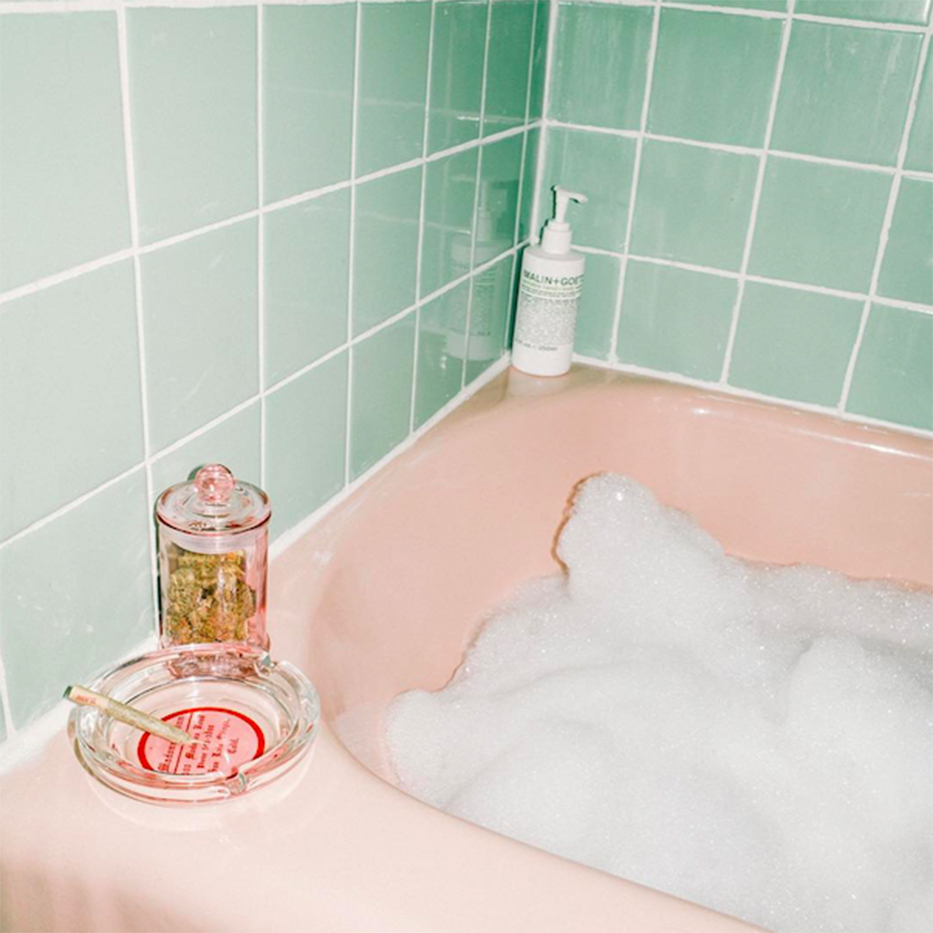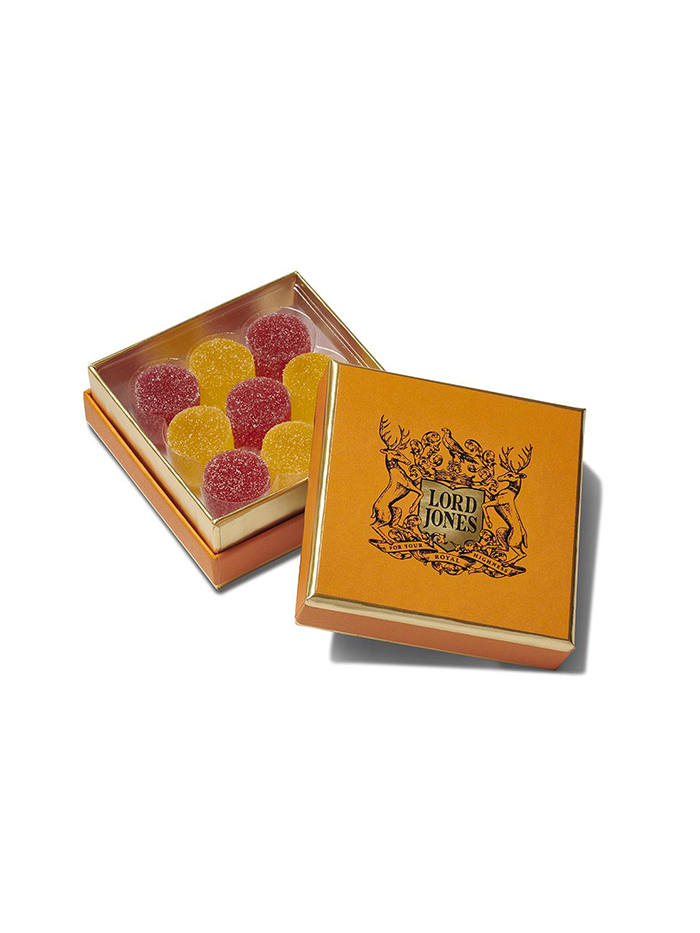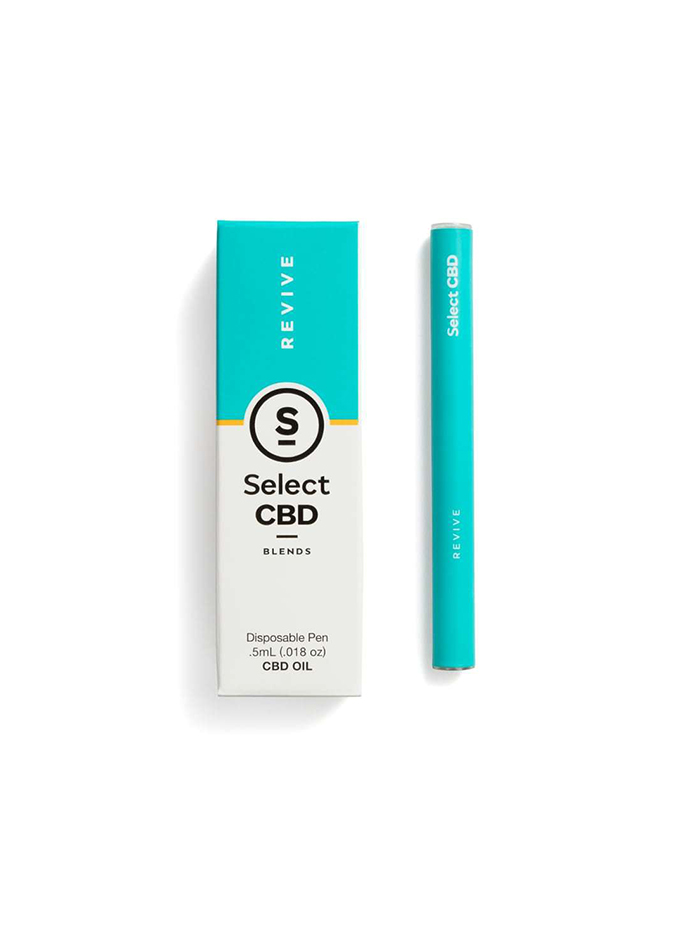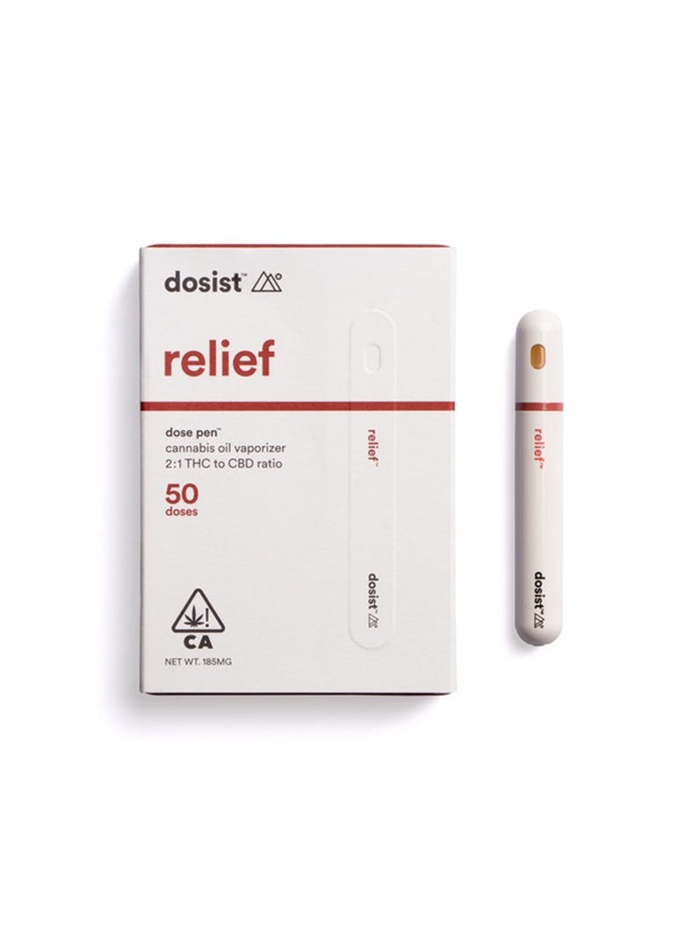The Truth About CBD and Anxiety


Lately, when engaged in discussion about CBD, I am reminded of the fever pitch that used to surround now-passé wellness buzzwords like coconut oil and kale. These were trends that began with modest science and, with hyperbolic public discourse, morphed quickly into the realm of too-good-to-be-true until it became common practice to question their value altogether. (Cue the Harvard professor who declared coconut oil "pure poison.")
I'd argue that the research behind CBD is both too preliminary and too promising to seal its fate in this way, but it's crucial all the same to bust any myth that perpetuates this "cure-all" mentality—something that's easier said than done in a fledgling market that's fueled by consumer curiosity and excitement.
"If CBD does what all brands claim it does, it is psychoactive," says Charlotte Palermino, journalist and one half of the duo behind cannabis education platform Nice Paper. As a quick refresher, THC is the compound found in cannabis that's responsible for its signature high, and any claims that CBD has similar mind-altering effects are utter BS.
This is especially important to keep in mind if you're considering experimenting with cannabis to support any mental conditions like anxiety or depression. Below, Palermino explains exactly why you shouldn't rely on CBD as a downright "cure" for your anxiety—but how it might be able to help nonetheless.
The research is promising, but we need more of it
"We know CBD is a neural dampener, and there is some evidence that shows it can interact with serotonin receptors," says Palermino. She also points to research that singles out anxiety specifically: "Some studies in mice showing reduced anxiety," she says. "It's sad, but they put mice in water and some get CBD, while others do not. The ones that got CBD are less stressed when they are drowning."
While the real-life applications of this particular study are hopefully (far) less extreme, there is another that circles specifically around humans and public speaking: Scientists found that participants with social anxiety reported fewer symptoms after taking CBD—even when faced with the task of speaking for a crowd.
Even Palermino, who uses CBD on a regular basis, recommends exercising caution in the wake of these studies. "I'm a science nerd," she says. "I want to see a result that's replicable in a group of people factoring in for placebo. Until I see that we recommend it as something holistic that can make you feel nice." And that's not necessarily a bad thing, by the way.
Using CBD as stress support
Just as we'd ideally like to avoid using the terms "anxiety" and "stress" interchangeably, for now, it's better to look at CBD as something that can help support a balanced lifestyle than a true "cure" or medication alternative.
"CBD, because it's so unregulated, is hard to recommend for someone suffering severe anxiety. There's too much variability," says Palermino. "Also, the dosing you're seeing in traditionally marketed products are too low. The lifespan of CBD is long, so if you're taking 30 to 40 milligrams every day, you should feel something in a few weeks, but it's not as instant as popping a pill. We need scientists and pharmacologists to actually develop something that is scientifically proven to do that."
Until that happens, Palermino recommends likening it to more of a self-care ritual. "I never miss a day of CBD just like I don't miss a day of meditation," she says. "It's something that's part of your life that helps overall with your stress, but it isn't a silver bullet. That being said, if 10 milligrams of CBD a day makes you feel better, I will never knock what makes someone feel good." Just as with more abstract wellness rituals like journaling and a mindfulness practice, conscious experimentation is key here.
One final tip: Skip CBD pills
"Smoke it," says Palermino. "I have a feeling you'll see pills be debunked in a few years."
This has to do with the way our bodies digest CBD. "The bioavailability of CBD when you eat it is 6% because your stomach destroys the CBD," she explains. "We could be wrong but will be very interesting to see which products get debunked as research comes out. The bioavailability when you put it under your tongue jumps up to 25% ish and over 30% when you smoke it."
It's worth mentioning that the onset of its effects is drastically shortened when you inhale CBD. "There's nothing like waiting two hours for a pill to kick in when you feel like the world is collapsing around you," says Palermino. Not into lighting up? Invest in a quality CBD vape instead.
If you are looking to mitigate anxiety symptoms in a more tangible way, then you might consider incorporating THC into the mix. (There's far more substantial research about the psychoactive compound's effects on severe anxiety.) We love Dosist's Relief pen for this very reason: It contains a two-to-one ratio of THC to CBD, so you're getting the best of both.
Just remember that as with any drastic change to your routine, it's never a bad idea to get some advice from your doctor.
Next up: I Put CBD in My Coffee for a Week, and My Mood Skyrocketed
This article is provided for informational purposes only and is not intended to be used in the place of advice of your physician or other medical professionals. You should always consult with your doctor or healthcare provider first with any health-related questions.



